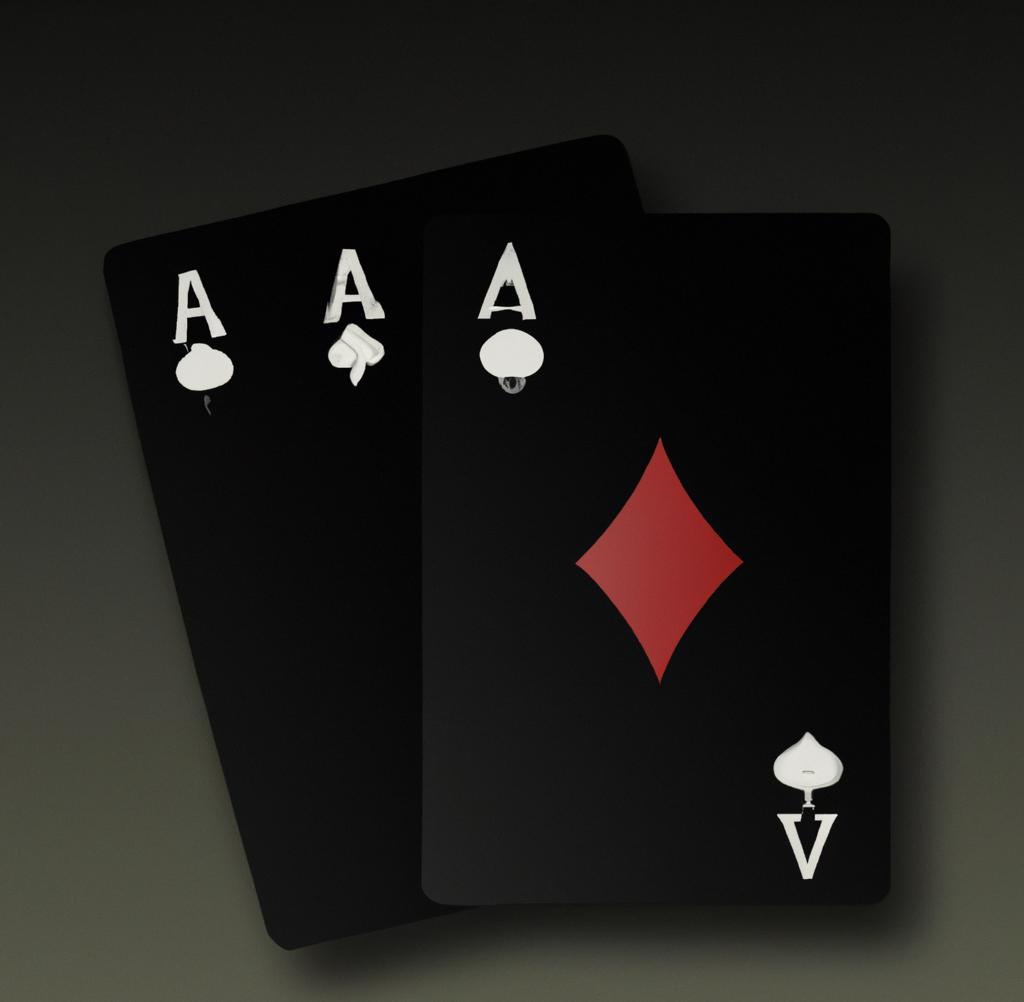Blackjack is one of the most popular casino games in the world. It is a game of chance where players try to beat the dealer by getting a hand with a higher total value without going over 21.
However, many people wonder if there is any math involved in the game of blackjack. The answer is yes, there is math in blackjack, and it plays a significant role in determining the outcome of each hand.
Exclusive BlackJack Casino Offers:
Firstly, let’s start with the basics. In blackjack, each card has a value assigned to it.
Cards 2 through 10 have their face values, while face cards (Kings, Queens, Jacks) are worth 10 points each. The ace can be counted as either 1 or 11 points depending on which value benefits the player’s hand more.
Now, let’s move on to some of the more complex math involved in blackjack. One key concept in the game is probability.
As cards are drawn from the deck and played throughout a hand, the probability of certain cards appearing changes. For example, if multiple low-value cards have already been played, then there is a higher probability that high-value cards will appear next.
This probability calculation becomes even more important when using basic strategy in blackjack. Basic strategy is a set of rules that can be followed to maximize your chances of winning based on your initial two cards and the dealer’s upcard. These rules are based on mathematical calculations that determine which play has the highest expected value.
For example, if you have a hard total of 12 and the dealer has an upcard of 6, basic strategy dictates that you should stand (not take another card). This may seem counterintuitive since your total value is so low compared to 21, but it actually gives you the highest expected value based on probabilities and past outcomes.
Another important aspect of math in blackjack is card counting. Card counting involves keeping track of which cards have been played and adjusting your bets accordingly. This technique is based on the fact that certain cards are more favorable to the player than others.
For example, if there are many high-value cards left in the deck, then the player has a higher chance of getting a blackjack (an ace and a 10-point card) or a hand with a value of 20 or 21. In this situation, the player would increase their bet because they have a higher expected value.
However, it’s important to note that card counting is not illegal but is frowned upon by casinos and can lead to being banned from playing. It’s also not as easy as it looks since it involves keeping track of multiple variables at once while remaining inconspicuous.
In conclusion, math plays a significant role in blackjack. Probability calculations, basic strategy rules, and card counting techniques all rely on mathematical concepts to maximize your chances of winning in this game of chance. Understanding these concepts can help you become a better player and potentially increase your winnings.





